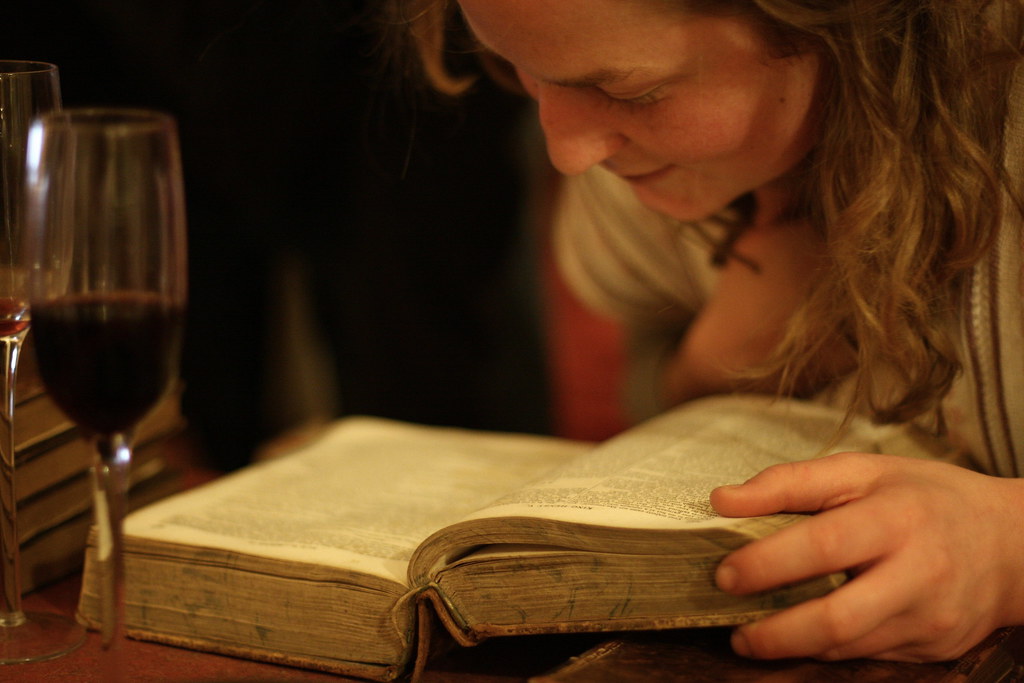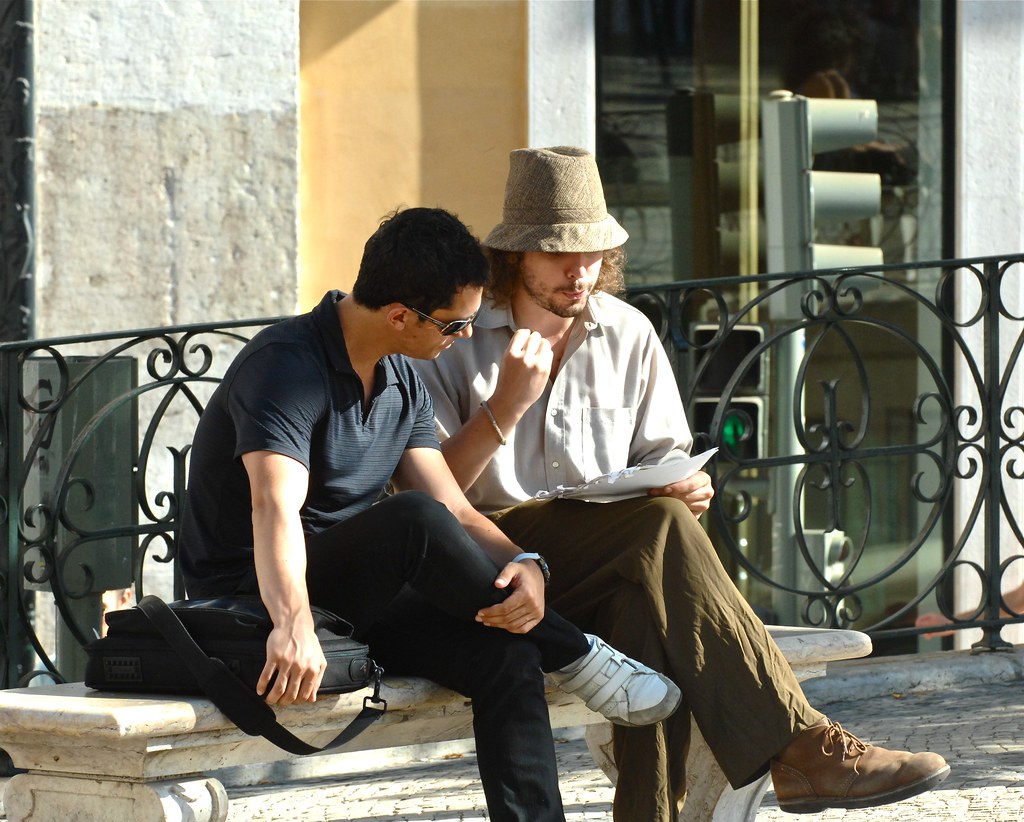In an era dominated by rapid technological advancements, the dissemination of classical literature has undergone a profound transformation. The digital age has not only redefined how literature is consumed but has also reshaped the very nature of literary engagement. This article explores the multifaceted impacts of digitalization on traditional literary dissemination, highlighting how it alters reader interactions, expands accessibility, and challenges conventional narratives.
A Captivating Beginning: The Story of a Lost Manuscript
Imagine a dusty library in a small town, where a forgotten manuscript of an ancient epic lies hidden for decades. One day, a curious student stumbles upon it and decides to share this treasure online. Within hours, the manuscript is digitized, annotated, and discussed on social media platforms. This scenario encapsulates the essence of how digital tools can breathe new life into classical works, making them accessible to a global audience. The story illustrates the potential for digital platforms to revive interest in traditional literature and foster community engagement around these texts.
The Digital Landscape: New Platforms for Old Texts
Accessibility and ReachDigital technology has democratized access to classical literature. Online platforms such as Project Gutenberg and Google Books provide free access to thousands of texts that were once confined to physical libraries. This shift allows readers from diverse backgrounds to explore literary classics without geographical or financial barriers. Furthermore, social media platforms enable readers to share their interpretations and engage in discussions, creating vibrant online communities centered around classical literature.Interactive EngagementThe rise of e-books and audiobooks has transformed the reading experience. Readers can now annotate texts, listen to narrations, and participate in interactive discussions about their favorite works. This interactivity fosters a deeper connection between readers and texts, allowing for a more personalized engagement with literature. Additionally, platforms like Goodreads enable users to track their reading habits and connect with others who share similar literary interests.
Challenges to Traditional Narratives
Fragmentation of AttentionWhile digitalization enhances accessibility, it also presents challenges. The vast amount of information available online can lead to fragmented attention spans among readers. In an environment saturated with content, classical literature may struggle to capture the focus of younger audiences who are accustomed to quick consumption of information. As a result, traditional narratives risk being overshadowed by more contemporary forms of storytelling that align better with modern reading habits.Cultural AuthenticityThe digital age raises questions about cultural authenticity in literary interpretation. As classical texts are shared and discussed globally, interpretations may diverge significantly from their original contexts. This phenomenon can lead to misrepresentations or oversimplifications of complex works. Therefore, while digital platforms promote inclusivity and diverse perspectives, they also necessitate a critical approach to ensure that the richness of classical literature is preserved.
Bridging Tradition and Innovation
Integration with Modern NarrativesTo thrive in the digital landscape, classical literature must find ways to integrate with contemporary narratives. This integration can be achieved through adaptations into various formats such as graphic novels, films, or interactive storytelling experiences. By reimagining classical works in ways that resonate with modern audiences, literature can maintain its relevance while honoring its roots.Educational InnovationsEducational institutions are increasingly adopting digital tools to teach classical literature. Online courses that incorporate multimedia resources allow students to engage with texts more dynamically than traditional methods permit. These innovations not only enhance understanding but also encourage critical thinking about the cultural significance of these works in today’s context.

Conclusion: A New Era for Classical Literature
The digital age presents both opportunities and challenges for the dissemination of classical literature. While it enhances accessibility and fosters interactive engagement, it also requires careful consideration of cultural authenticity and reader attention spans. By embracing innovative approaches that bridge tradition with modernity, classical literature can continue to thrive in this new era, ensuring that these timeless works remain relevant and impactful for future generations.The transformation of classical literature dissemination exemplifies the broader changes occurring across cultural landscapes in our increasingly digital world. As we navigate this evolution, it is crucial to recognize the potential for growth while remaining vigilant about preserving the integrity of our literary heritage.
